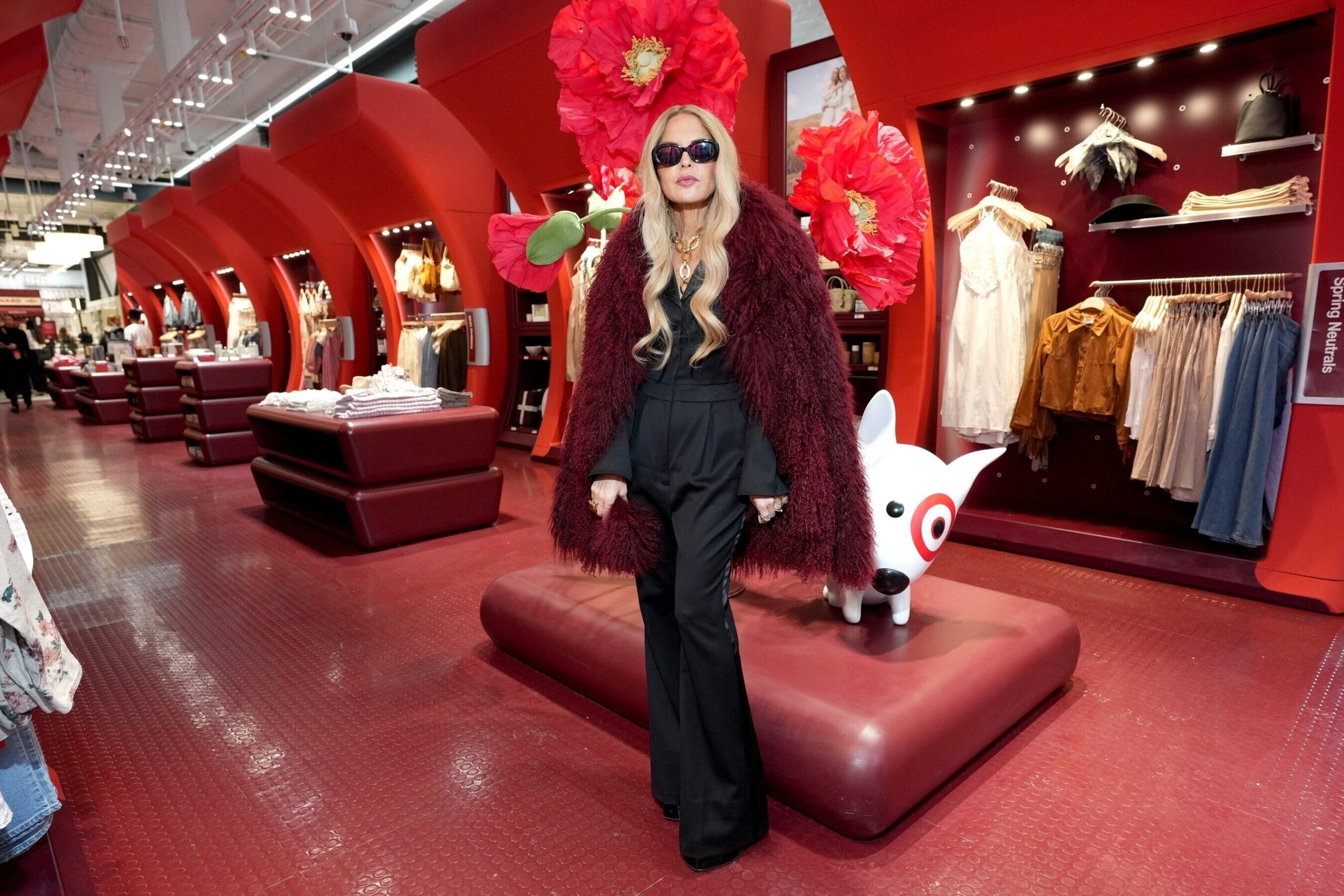When culture meets commerce, the impact goes far beyond the pitch. The Shark Tank stage has seen many ambitious founders, but few have entered with the cultural mission and entrepreneurial fire of 1587 Sneakers. When Adam King and Sam Hyun appeared on Season 16, they weren’t just pitching shoes; they were pitching a movement for Asian American pride and representation in an industry that has long overlooked their community.
The Founding Story: From Frustration to Foundation
For co-founder Adam King, sneakers were more than just a fashion statement; they represented an opportunity to challenge long-standing stereotypes. With nearly two decades of experience at major brands like Adidas, Reebok, and KOIO, King noticed a disconnect: although Asian Americans make up a significant portion of sneaker consumers in the U.S., they were often overlooked by the industry’s marketing efforts.
Motivated to create a brand that authentically represents Asian American stories and culture, King partnered with Sam Hyun, a respected community leader and advocate. Their shared vision and immediate connection led to the creation of 1587 Sneakers, a brand named after the year the first Asians are documented to have arrived in North America. Through this venture, King and Hyun aim to celebrate Asian American heritage and push back against the narrative that Asian Americans are newcomers, highlighting a history that spans over four centuries.
The Shark Tank Pitch: Ask, Valuation, and the Deal
King and Hyun entered the Tank seeking $100,000 for 15.87% equity, a nod to their brand’s name. This valued the company at roughly $630,000. Their pitch focused on creating sneakers that honored Asian American history and identity, with models like the Morrow Bay (named after the landing site of the first documented Asians in America) and the AP87, a classic tennis silhouette.
The founders revealed that they were transitioning manufacturing from Italy (at $110 per pair) to Asia (at $50 per pair) to improve margins and lower retail prices. Their sales had reached $240,000 in ten months, and they projected $500,000 by the end of 2024. They also noted that 30% of their customers were not Asian American, showing broader appeal.
Despite their passion and impressive early traction, the Sharks all declined to invest. The main concerns were the competitive nature of the sneaker industry, the risks of scaling inventory, and the challenge of building a community and brand presence from scratch.
Pros and Cons from the Tank
Pros:
- Authentic cultural mission and untapped market focus.
- High-quality, meaningful product design.
- Early sales traction and strong founder backgrounds.
Con:
- The sneaker industry is highly competitive and requires significant capital to scale successfully.
- The brand’s social media following and community engagement were not as strong as the Sharks expected for a consumer-focused company.
- There were notable risks around inventory management, particularly the challenge of balancing popular size availability with the risk of excess stock.
- Some Sharks, like Lori Greiner, felt they were not personally aligned with the sneaker market and chose not to pursue an investment for that reason.
- Mark Cuban advised the founders to concentrate on building their direct-to-consumer business rather than expanding into retail too quickly, emphasizing the importance of organic growth for a brand at their stage.
Lessons for Entrepreneurs
- Authenticity resonates, but traction is critical: The Sharks admired the mission, but wanted to see a larger, more engaged community.
- Know your numbers and your market: Even with strong margins and a compelling story, the sneaker market’s barriers to entry are high.
- Focus on your strengths: Cuban’s advice to double down on direct-to-consumer sales is a reminder to master one channel before expanding.
- Rejection isn’t the end: After the episode, Sam Hyun expressed that appearing on Shark Tank was a significant opportunity, but it was not the sole measure of their value or validation as entrepreneurs. He emphasized that their sense of purpose and confidence in their mission existed well before their appearance on the show.
How 1587 Sneakers Is Doing Today
Despite not landing a deal, 1587 Sneakers has experienced notable growth after appearing on Shark Tank. Sales reached $500,000 in 2024, and the brand set a goal of $1 million for 2025.
Their social media presence has grown, collaborations have expanded, and new product launches, such as a Pride t-shirt and partnerships with creators like the Fung Brothers and Leo Chan, have kept the brand visible and relevant. The team has also moved from a small office to a warehouse and increased its charitable initiatives, including a collaboration with Welcome to Chinatown.
1587 Sneakers demonstrates that a strong mission, authentic storytelling, and resilience can drive business growth even without investment from the Sharks. Their journey provides a valuable example for other entrepreneurs: remain committed to your vision, focus on building your community, and use setbacks as motivation to move forward.


















